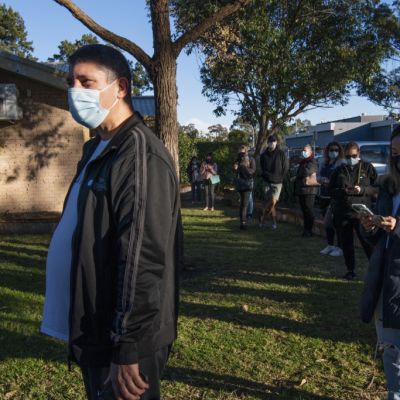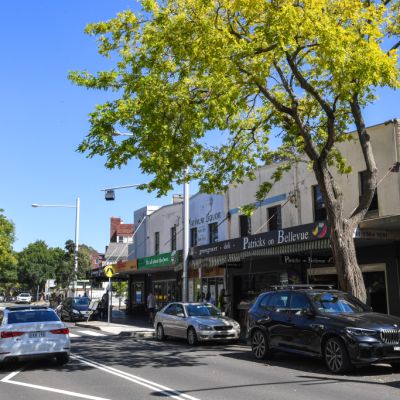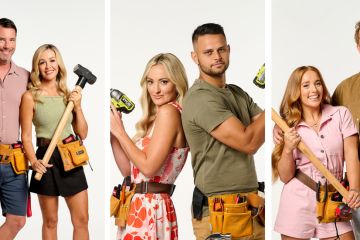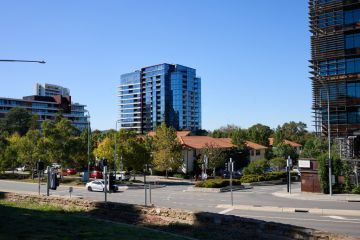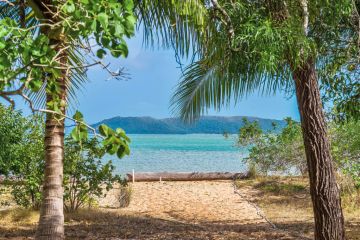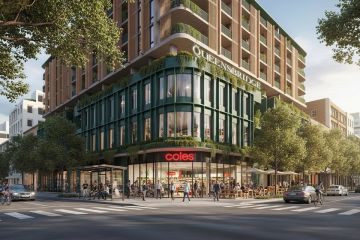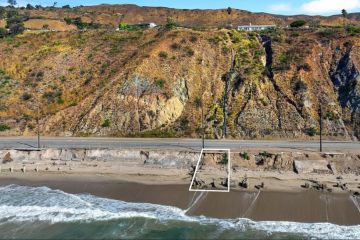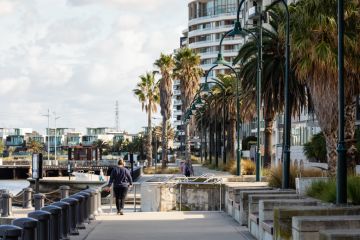Renters on COVID-19 Disaster Payment set to face housing stress or rent debt
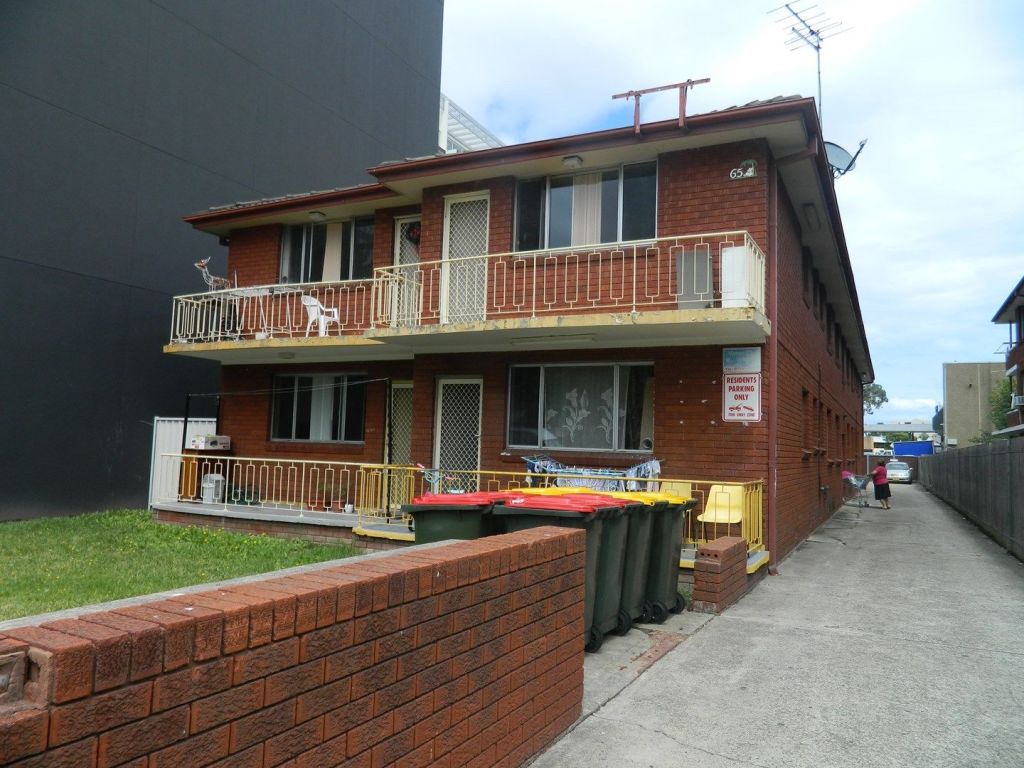
There are no suburbs in locked-down Sydney, Melbourne and Adelaide where a single renter could afford the median home on the COVID-19 Disaster Payment without being in housing stress, new analysis shows.
Tenants are in housing stress when their rent is more than 30 per cent of their income, which would be $180 a week for someone on the $600 a week support payment after losing their income in the latest round of coronavirus lockdowns.
The only neighbourhoods in Australia with a median rent at that level are the unit markets in the regional NSW towns of Glen Innes ($180/week), Cobar ($180/week) and Deniliquin ($160/week), or Ingham in north Queensland ($180/week), the latest Domain Rent Report for the June quarter shows. The report excludes smaller markets where calculating a median price is not statistically reliable.
For a couple who are both on the disaster payment, housing stress would be felt at rents higher than $360 a week.
There are 41 markets in greater Sydney with median rents of $360 or less, largely units in the western suburbs, south-west Sydney, Canterbury-Bankstown or the Central Coast.
They include units in Cabramatta ($300/week), Fairfield ($320/week), Liverpool ($350/week) and North Parramatta ($350/week).
Melbourne couples would find more options, with 116 markets counted as affordable, especially for apartments in western suburbs from Melton to Werribee and Footscray. Units in a handful of sought-after suburbs also make the cut, including North Melbourne and Hawthorn at $360 a week each.
Adelaide offers 82 markets under the threshold, ranging from outer suburbs such as the Salisbury and Elizabeth areas to units in inner-city Parkside.
By itself, the $600 payment is not enough for many renters, said Tenants’ Union of NSW chief executive Leo Patterson Ross, adding that JobSeeker recipients who have lost a couple of shifts a week are not eligible for the disaster payments at all.
But amid Sydney’s extended lockdown, he welcomed the NSW government’s eviction moratorium, which protects tenants who have lost income due to COVID and continue to pay at least 25 per cent of their rent.
For example, someone who ordinarily pays $500 a week rent would only have to find $125, while receiving income support of $600.
“You do have a debt problem coming up but you’re not being forced to pay too much, probably,” Mr Patterson Ross said. “For a lot more people than last time, the week-to-week experience will be okay.”
Landlords who negotiate rent reductions – after which no arrears accrue – can claim a rebate of up to $1500 of lost rent from the government. Mr Patterson Ross said he was worried that some landlords may decide not to waive rent, leaving tenants in debt later.
“The bit we’re still worried about is what happens at the end because it will be, for some people, a lot of money,” he said. “Something in the $5000 to $10,000 range will be fairly usual.
“It’s probably not equitable, particularly in the context of rising house values, for the tenant to be left holding that bag.”
Australian Council of Social Service chief executive Cassandra Goldie called for broader coverage for the disaster payments.
“The $600-a-week disaster payment is barely enough for people to cover the basics, including rent,” she said in an email. “But the situation is even worse for people on JobSeeker who are ineligible for the disaster payments, who must get by on $385 per week including Rent Assistance. The part-time disaster payment is even less at $375 per week.
“We’re hearing from many people in lockdown on JobSeeker and other social security payments below the poverty line who are facing homelessness.
“Many have lost paid work and the vast majority will struggle to find paid work due to the lockdown.”
She called for the $600 payments to be broadened, for social security payments to be lifted above the poverty line to at least $475 a week for singles, and a targeted version of JobKeeper for locked-down regions.
Previous research has laid bare the precarity of low-income renters, with an April report from Anglicare finding no suitable rental listings for single parents on JobSeeker in Sydney, and only 816 which are affordable for a single parent of two on the minimum wage.
Anglicare Sydney head of food and financial assistance Teresa Clark said the government payments alone were not enough, but welcomed additional supports such as the eviction moratorium and landlord rebates.
“I think it’s designed to get people across the line, not to be an equivalent of what they were earning,” she said. “There’s also support for the landlord, where they can then negotiate with the tenant … I don’t know how well that will work or not but it’s better than people clocking up debt.
“It’s really overwhelming when you get hit with a bill of $5000 or $6000.”
She urged tenants to talk to their landlord or real estate agent early and to seek help from other support agencies such as the free financial counselling service on the National Debt Helpline (1800 007 007) or the list of local support services on Ask Izzy, adding that Anglicare had ramped up food assistance.
“We’re still in a really peak period for us, our numbers are higher than they’ve ever been,” she said. “We’re still seeing the aftermath of last year where people were accruing debt around their rent. It’s horrific.”
We recommend
We thought you might like
States
Capital Cities
Capital Cities - Rentals
Popular Areas
Allhomes
More
